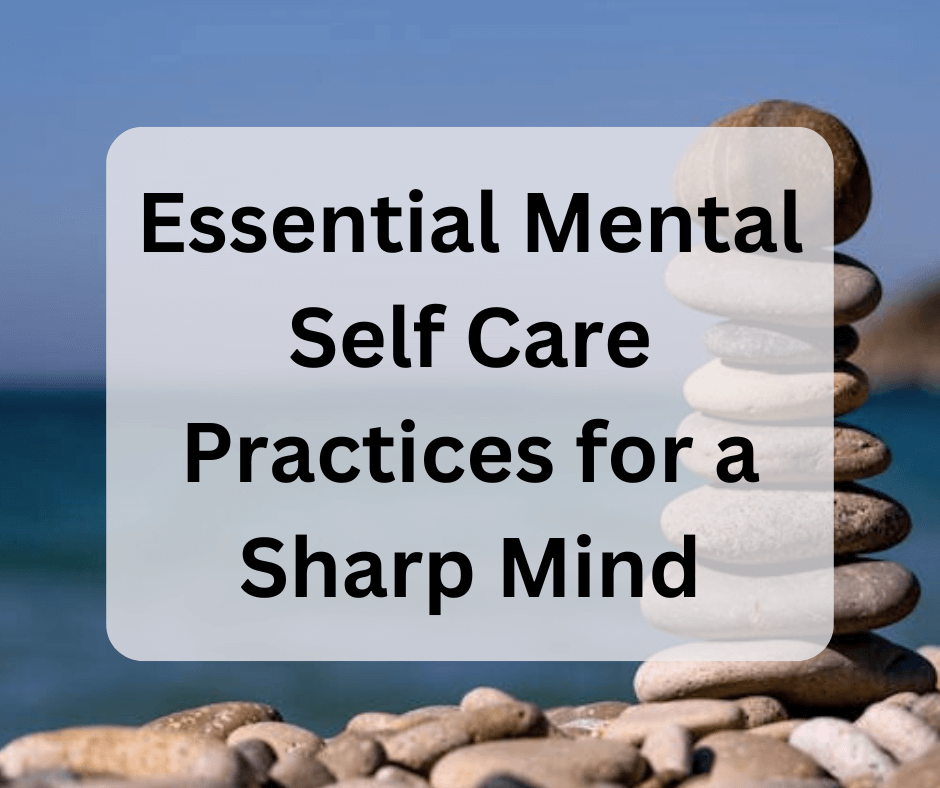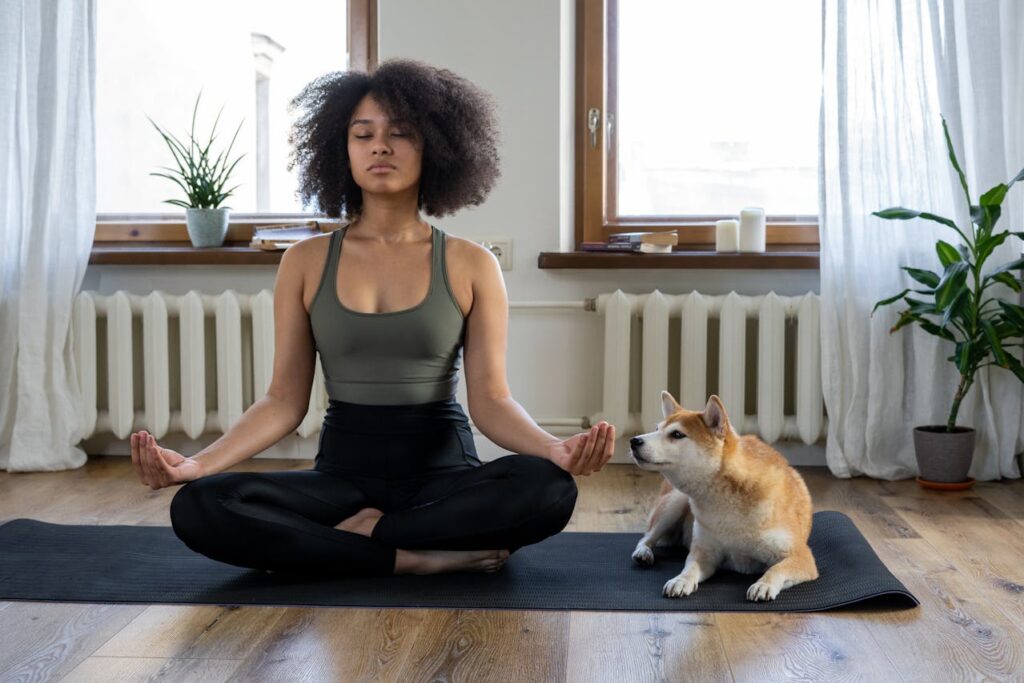After a demanding day at work, taking time for yourself isn’t just a luxury. It’s essential for your well-being! Many of us struggle to transition from work mode to relaxation, often carrying stress and tension into our evening hours. Since 83% of workers report feeling mentally exhausted after their workday, implementing intentional after work self care routines can dramatically improve your mental health and overall quality of life.

Let’s explore how you can create boundaries between your professional and personal life with practices that help you truly unwind and recharge.
The Importance of After Work Self Care
For many of us, work can seem like it’s taking too much from us. We get home at the end of the day and we feel completely depleted, no energy and no motivation to focus on our hobbies, family or social life. We wade through the week, constantly looking forward to the weekend. And when that comes, we have so much packed in, that we can’t even enjoy it.
This can easily lead to burnout. Creating a few easy habits to help de-stress and decompress can help with mood improvement and boost motivation. If you intentionally create space for self care in your day-to-day, you can learn to impose healthy work-life boundaries and enjoy happier and more energetic evenings.
Physical self care can help relieve stress. By moving your body, you help reduce stress hormones, such as cortisol. Several studies have shown that regular physical activity, even for a few minutes a day, can help improve your mood and self esteem.
The benefits of mental and emotional self care – such as mindfulness meditation – have been well documented. The practice of gratitude and mindfulness can improve self esteem and promotes a calmer mindset.
After work self care is a great way to improve self worth and elevate your mood. You shouldn’t live just for the weekend. It is possible to enjoy every day of the week, in spite of busy schedules and demanding deadlines at work. All you need is a few small tweaks to your daily routine.

Quick Physical After Work Self Care Practices
Use exercise to create a clear barrier between work time and free time. Take a few minutes after work to move your body and leave the issues of your work life behind for the day. Start your after work self care routine with some quick stretching or a short walk to clear your mind.
Quick Stretching Routines to Re-energise
You don’t need a gym membership for physical self care. It’s enough to take 5 or 10 minutes every day to do some light stretching. It’s not much, but you will love the effects. Stretching increases blood flow to your muscles and helps de-tense your muscles. A great way to release stress!
You can find guided stretching videos on YouTube, or you can use your favourite fitness app.
Post-Work Walks to Move Your Body
When the pandemic hit and I started working from home, the biggest challenge was being able to differentiate between my workday and my free time. Since I was working where I lived, it was difficult do disconnect after work and enjoy the rest of the day. I was still in work mode hours after work was over.
But then I discovered that going for a walk solved all that. Not only is it great and refreshing exercise, but it also allows you to create a clear boundary. It signals one part of the day is over, and that you are ready for something new.
Use Shower or Bath Rituals to Transition from Work to Free Time
Another ritual you can add to your after work self care routine is taking a relaxing bath or shower that can signal the transition from work to personal life. If this is your thing, you can also enjoy a scented bath or shower bomb. It’ll make for a more relaxing atmosphere.

Mental and Emotional Unwinding Techniques
After Work Mindfulness Meditation Practice
Yes, meditation does work! It’s a great way to clear your mind and stop focusing on your work problems. It’s basically a shower for the brain. If you haven’t tried it yet, give it a go!
I know it feels intimidating, but you don’t need to spend hours in Lotus position, humming to yourself. You can commit to a 5-minute guided meditation; that sounds doable, right?
Try Digital Detox to Create Distance
We are constantly connected, with no time to unwind. So it’s always a good idea to take a break from the digital world. And when better to do this digital detox, if not during your work-free time?
Turn your notifications off, your email can surely survive unread until tomorrow. Reduce your screen time and focus instead on real-life activities. Be present and make the best of your personal time. Getting lost in mindless scrolling can feel like wasting the day away, and it’s even more disappointing when your personal time is very limited.
Read a book, catch up with your friends and loved ones, play board games, go for a walk. Whatever works to keep your attention away from screens and on the real world.
Journal to Process the Workday and Release Lingering Thoughts
Another technique to stay away from screens is to journal. If you don’t know where to start, you can always use journaling prompts. Writing down your thoughts can help you process them better and see your issues in a more detached way.
Journaling offers you perspective and is great for clearing your head. By putting your thoughts on paper, they lose their power over you. You can organise them better and feel less overwhelmed.

Creating an After Work Self Care Environment
In addition to the little after work self care rituals, you can also make use of your environment to detach, relax and clear your head. With a few small tweaks, you can make your home into a calming oasis for the evening.
- Create a dedicated space to unwind. You don’t need a lot of space, just choose a dedicated corner in your room, or claim your favourite armchair. Keep all work away from this space and only associate it with pleasant activities. Whether it’s an arts and crafts corner, a reading chair, or a chaise-lounge where you sip your favourite drink – I’m sure you’ll find the perfect spot.
- Use scents, sounds and lighting to create a calming atmosphere. I love my aromatherapy diffuser, I always use calming scents at the end of the day. You can also use light dimmers, or try coloured lights and projectors to create a cozy atmosphere.
- Declutter to reduce visual stress triggers. Make a habit of putting things away after you are done using them, and take a few minutes every day to clean or declutter. It’s easy to underestimate the effect a cluttered environment has on your stress levels. Make sure that, at the end of the workday, you can enjoy your environment without having to worry about yet another chore that needs to be completed.
Social Aspects of After Work Self Care
Spending time alone after work is understandable, especially after a particularly demanding day. But don’t overlook the importance of having a healthy social life. Don’t forget about your friends and your social commitments, as they are just as essential for your mental well-being.
I know sometimes it’s difficult to find the balance between the connection and alone time. This is an exercise that you will have to experiment with and figure out for yourself. If you are an introvert, you may need more time alone to re-charge. But don’t forget that too much time alone is isolation.
Take some time to get to know yourself better, and figure out how much energy you need for social interaction. Create a realistic social self care routine based on your personal needs. But make sure you connects with loved ones from time to time, as part of your unwinding routine.

Long-Term After Work Self Care Strategies
After work self care is not just about after work practices. It’s about making sure you have a healthy mindset overall. This will make you bullet-proof in front of everyday challenges. Cultivate regular self care practices for a calmer and more resilient mind.
Develop Regular Self Care Practices
You can develop weekly and monthly self care practices beyond daily routines.
- Pick a day every week to go to the movies with your best friends
- Have a date with yourself once a month. Block that day no matter what and use it to pamper yourself, or engage in your favourite activities uninterrupted
- Exercise two or three times a week
- Host a diner party for your loved ones once a month
- Take a long weekend two or three times a year to hike, or visit a new place
Cultivate Hobbies and Personal Interests
Don’t forget about your favourite activities after working hours. I know that it’s fashionable these days to monetize all your hobbies and make everything into a hustle. But there is value in dedicating time for a personal interest just for the fun of it.
If you don’t have a hobby, try to revive one you had as a child or teen. Did you enjoy painting? Give it another go, you might discover you love it. Try something new, learn a new skill, and don’t waste your time worrying whether it’s productive or not. If it gives you pleasure, it is!

Seek Professional Help for Burnout
Last but not least, it’s important to recognise when you need professional help. It’s easy to get swept away when you are in a toxic or deeply stressful work environment, and you might not even see the signs. But if you feel that your personal life is being affected (or completely replaced) by work stress, you might be struggling with burnout.
Pay attention to your emotions and your behaviour. Be aware of your reactions and daily habits. And if you notice that everyday tasks feel overwhelming, consider reaching out for help.
Conclusion
Creating intentional after work self care routines isn’t selfish. It’s a vital investment in your health and happiness. By implementing even a few of these practices, you can reduce stress and create space for joy and recovery after work.
Remember that consistency matters more than perfection; start with one or two techniques that resonate with you and gradually build your personal self care toolkit. Your future self will thank you for making after work self care a non-negotiable part of your daily routine!




